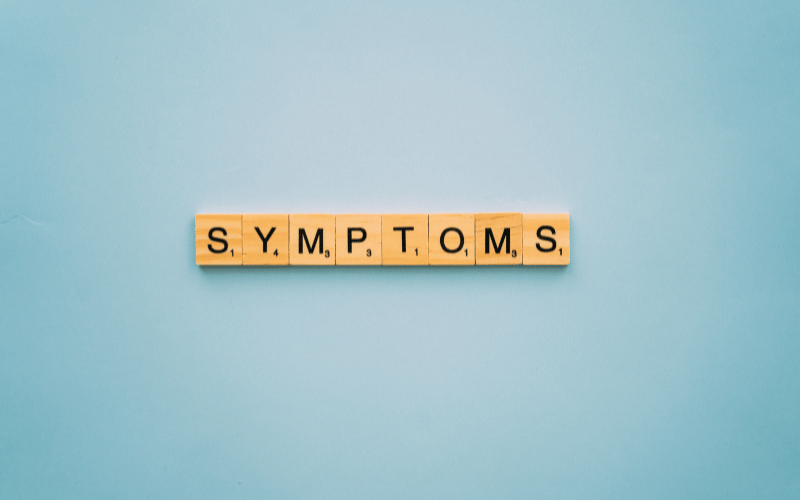Fact 3: Symptom Subtlety

Insulin resistance often progresses stealthily, with early symptoms being subtle and easily mistaken for other conditions. This subtlety poses a significant challenge in early diagnosis. Initial symptoms like mild fatigue, increased hunger, and a slight tendency to gain weight are often overlooked or attributed to everyday stress and lifestyle. The lack of distinctive symptoms in the early stages of IR means that many individuals remain undiagnosed until the condition has advanced, making early education about these subtle signs crucial.
Among the first indicators of insulin resistance are changes in energy levels and metabolism. Individuals might experience a sense of fatigue or lethargy, particularly after meals rich in carbohydrates. This is due to the body’s inefficient use of glucose for energy, leading to fluctuating blood sugar levels. Another early sign can be an unexplained increase in hunger or cravings, particularly for sweets and carbohydrates, as the body struggles to regulate glucose and insulin levels effectively.
A common but often misunderstood symptom of insulin resistance is gradual weight gain, especially around the abdomen. This weight gain is a result of the body’s altered metabolism and its tendency to store fat rather than burn it efficiently. Abdominal obesity, in turn, exacerbates insulin resistance, creating a vicious cycle. Recognizing and addressing weight gain early can be key to managing IR, as it’s not only a symptom but also a contributing factor to the condition.
Insulin resistance can also manifest in subtle changes in overall well-being, including mood swings, brain fog, and a general sense of not feeling well. These symptoms are often attributed to other causes, delaying the consideration of IR as a potential underlying factor. The fluctuations in blood sugar levels can affect brain function and mood, leading to these nonspecific but impactful changes in well-being.
Given the subtlety of these symptoms, proactive health monitoring becomes vital, especially for those at higher risk due to factors like family history or obesity. Regular health check-ups, including blood sugar and insulin level tests, can help in early detection. Increased public awareness about these signs and the importance of early intervention can lead to more timely diagnosis and effective management of insulin resistance. (3)